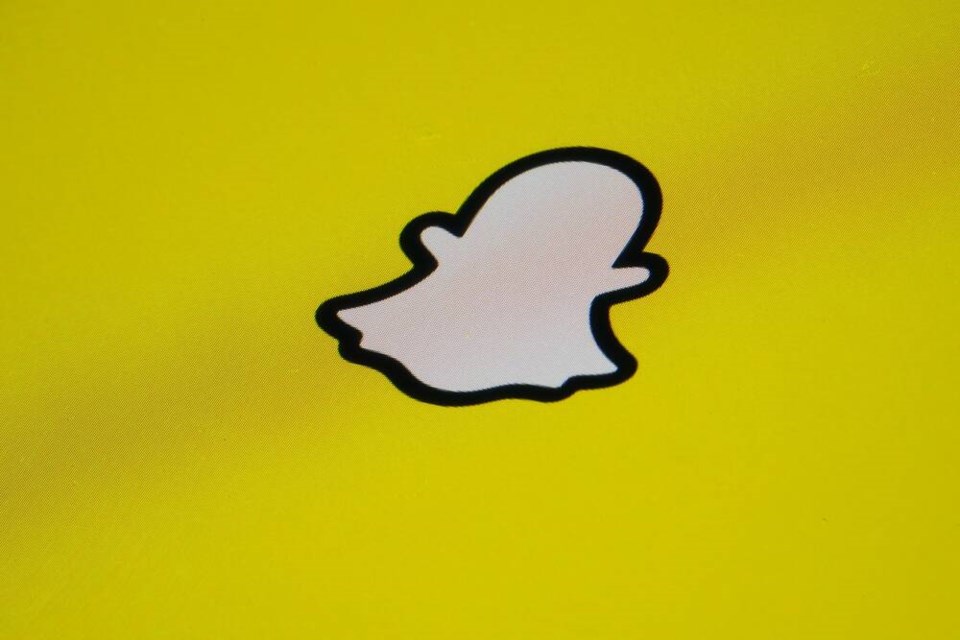A B.C. Supreme Court judge has acquitted a Ucluelet man of child pornography charges due to a lack of evidence provided at trial on how Snapchat works.
Justice Richard Fowler said in his decision given last month in Port Alberni he believed Conor Joseph Kelleher “probably knew” there was child pornography on his electronic devices and he “probably uploaded” two child pornography videos to Snapchat on Nov. 6, 2022.
“However, believing something is probable is a long way from being nearly certain. I am unsure of the guilt of the accused, and therefore the Crown has not met its burden of proof to displace the presumption of innocence, and I must acquit,” Fowler said in the decision, released last week.
Fowler’s uncertainty rested on the fact that the Crown did not lead evidence on how Snapchat operates, leaving him unsure whether uploading a video to Snapchat must be done by a user of the device.
Fowler said he could not speculate on how Snapchat works or rely on common sense to bridge the gap in evidence.
According to written admissions agreed to by Kelleher, two videos depicting child pornography were uploaded from his phone to a Snapchat account with the same username as his account and associated with his email address and his date of birth.
The IP address used to upload the videos was associated with an address shared by the 36-year-old and his two parents, who lived in separate homes on the property, as well as a fourth person.
Four electronic devices —two cellphones, a laptop and an Xbox — were seized from his residence and 146 images and 100 videos meeting the definition of child pornography were found on the devices.
The images and videos mostly depicted girls between five and 10 engaged in overt sexual acts or featured the depiction of a sexual organ or anal region of the child.
One of the videos uploaded to Snapchat was stored on one of Kelleher’s devices.
Kelleher admitted to using his phone to make calls about 90 minutes before the Snapchat uploads and two hours after.
Kelleher pleaded not guilty to one count of possessing child pornography for the purpose of transmission, making available, distribution, sale, advertising or exportation and and one count of possessing child pornography.
At issue for Fowler was whether Kelleher knew the child pornography videos and images were on his devices and that the purpose of possessing the materials was to transmit or distribute them.
The Crown’s case was made entirely through written admission signed by Kelleher. No evidence on the operation of Snapchat was tendered by the Crown, Fowler said in his decision.
Kelleher testified in his own defence, saying he did not put child pornography on any of his devices and he did not know there was child pornography on them.
He gave testimony under examination by his own counsel that contradicted his signed admissions and stuck to it after the judge gave him a chance to review his admissions.
Fowler rejected Kelleher’s testimony, finding it not credible.
However, Fowler said there was no evidence to indicate Kelleher viewed any of the materials or to show where the images and videos came from. There was also no search history indicative of someone searching for child pornography, he said.
Most importantly, there was no expert evidence to assist Fowler in understanding how any of the apps on the devices work and whether material could be sent to the phone without the user’s knowledge, or uploaded to Snapchat without a user doing so, he said.
“While clearly child pornography is present, there is simply no evidence to explain how it got on any of the devices. Again, in the absence of any evidence telling me that it could only have got there through the actions of a user of the phone, I am not prepared to speculate,” Fowler said.
The B.C. Prosecution Service said while the verdict is “clearly not the result we were seeking,” it respects the court’s decision.
The Crown is reviewing the decision. The prosecution service would not say whether Crown would appeal, saying only that appeals against acquittals are only proceeded with in narrow circumstances as set out in the Crown counsel policy manual.
The policy sets minimum standards that need to be met to appeal an acquittal, which include that it involves a question of law alone, a reasonable argument can be made that the verdict would not necessarily have been the same if the error in law had not been made and public interest requires an appeal.
The policy says not every unfavourable result can or should be appealed and the appeal process is onerous for both the Crown and the accused.


